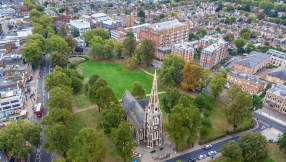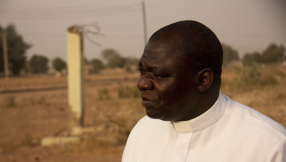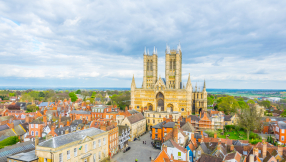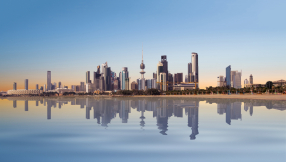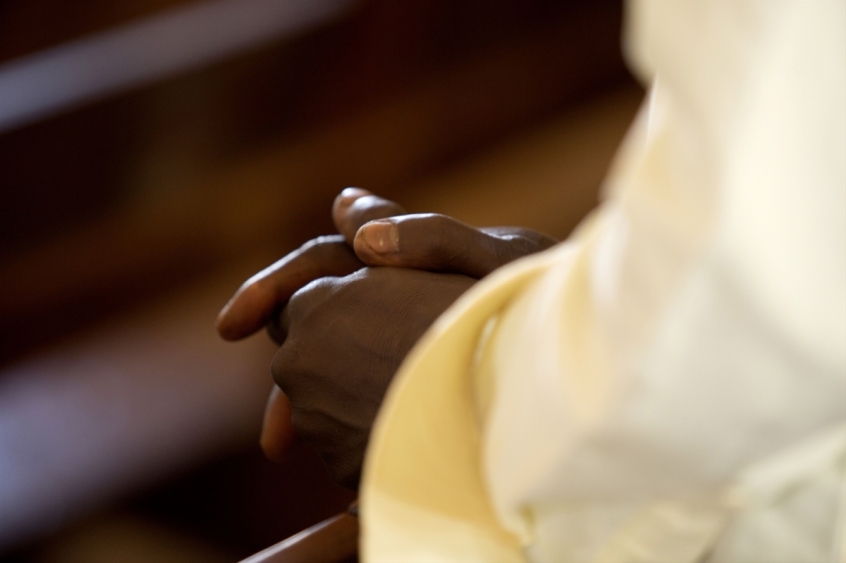
Five years ago in November 2011, Rev Aminu Sule was in his village in Dematuru, Yobe State, in Northern Nigeria when Islamist militants from Boko Haram attacked the community.
Churches were burned down and some 200 people killed. Militants continued through the night – going from house to house, killing every Christian they found.
Most fled, but Sule – whose evangelical church was bombed and completely destroyed during the attack – stayed behind with his family.
"Many of us fled, but for me as a pastor – I could not run away and leave the few that stayed," he told Christian Today.
"Many people left Dematuru because of the levels of persecution, but I said no – I cannot leave my church. I am supposed to be the last person to close the church, if it is necessary. I cannot leave my church because I am the pastor. In the Bible, it says 'The Lord is my shepherd, I shall not want.' If I run away and leave my congregation, what will I say to them? How could I preach dependence on God?
"I said for me, 'To live is Christ and to die is gain.' If I die, it will be for the sake of the church."
Just three Christian families stayed behind in Sule's village, and his own children were traumatised by the attack – two of his sons didn't eat for a fortnight.
"The bombing and the shooting was just like rain – it didn't stop. That scared them the most," he said.
"But I encouraged them, even though they are children, to know that God is in control of all situations."
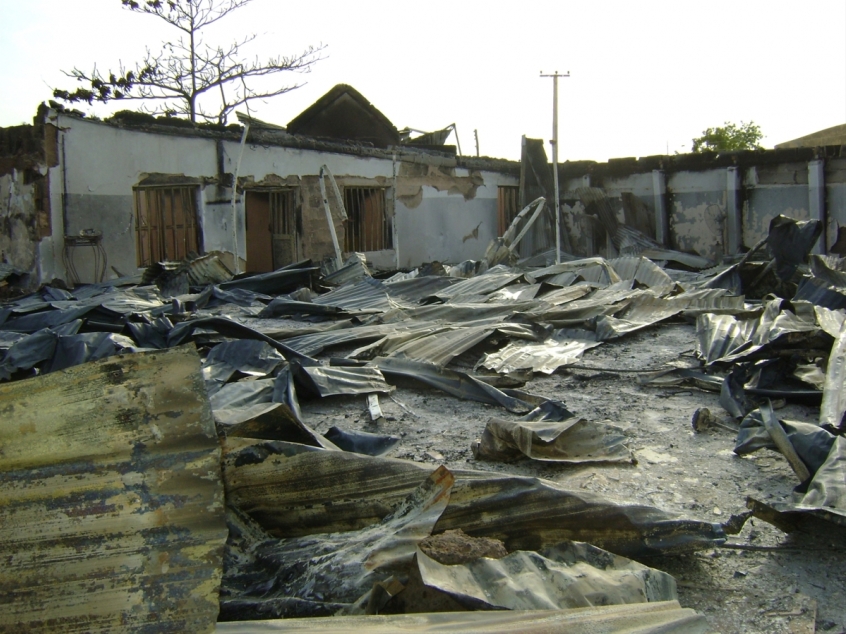
Nigeria is ranked 12th on the World Watch List of countries where Christians face the most persecution, released today by charity Open Doors.
Much of the violence is perpetuated by Boko Haram; an Islamist militant group whose name means 'Western education is sinful'. Since uprising in 2009, it has targeted more than 900 schools, deliberately killing at least 611 teachers and forcing another 1,900 to flee. In total, 20,000 people have been killed over the past eight years as a result of the insurgency.
In August 2016, Boko Haram's new leader Abu Musab al-Barnawi vowed to eradicate Christianity in Nigeria. Militants will blow up "every church that we are able to reach... killing all of those who we find from the citizens of the cross," he said.
Open Doors in its report highlighted "the deliberate sabotage of homes, churches and villages by extremists aiming to eradicate Christianity from a particular area" in Nigeria, where "after people have been driven out, homes have been ransacked, churches destroyed and village water sources poisoned."
The report continued: "In Nigeria, cattle are deliberately stolen and crops burned to make returning all but impossible unless significant aid and investment is pumped into the area of need. In addition, frequent so called 'lone-wolf' attacks by extremists make those equipped to effect change and rebuild fearful for their safety and the safety of their families."
But despite the extreme difficulties, Pastor Sule is passionate about preserving the Christian presence in his country. "Jesus said whoever wants to follow him must take up their cross. It is not easy in Northern Nigeria, but you have to be determined to follow Christ, no matter what will be," he said.
"In the early church, Christians faced persecution, but they were able to stand. By the grace of God, we also have to stand firm in the Lord, fix our eyes on him, trust in him, and he will do it for us. Not by might or power but by the Spirit of the living God."
President of Open Doors' UK and Ireland division, Eddie Lyle, told Christian Today in September that the church in Nigeria "is facing its Gethsemane".
"For the most part it stands alone and misunderstood," Lyle said. "It has endured years of destruction, great human loss, and its people scattered. It's time for the church around the world to hear not only their cries, but their screams for help, and for the support of the family of God around the world."
Sule said he finds great solace and encouragement in the prayers of brothers and sisters across the globe.
"It's so wonderful. I want to assure you, Christians in Nigeria and other countries giving themselves to praying and fasting – that is what keeps us going. Were Christians not to stand and intercede on our behalf, our story would be different.
He felt the power of prayer, during and after the attack.
"I knew that people were interceding, praying and asking God for protection for my life. Prayer is very powerful, it has no boundary."
Since 2011, Sule's church has been rebuilt "by the grace of God", but many other churches in the area are still worshipping under trees and other temporary shelters.
Though the majority of his original church members are still too afraid to return to Dematuru, Sunday mornings see an average of 200 people come to worship – many of them new believers, and converts from Islam. Some of Sule's own Muslim family have come to faith.
"The Bible says God works all things together for good," he said, simply. "They [local Muslims] have seen the plan of the Enemy to wipe out Christianity in Nigeria, and the church is still standing. They are asking – 'What kind of God cares and protects them?'... Their eyes have been opened."
Sule therefore said he has "great hope for the church in Northern Nigeria".
"I want to assure you that Muslims are coming to know the Lord because of what they have seen and experienced in the church. Nigeria is going to be a great country in terms of mission," he added.
"God is working and will keep on working."
Rev Aminu Sule was in the UK with Christian persecution charity Open Doors.










